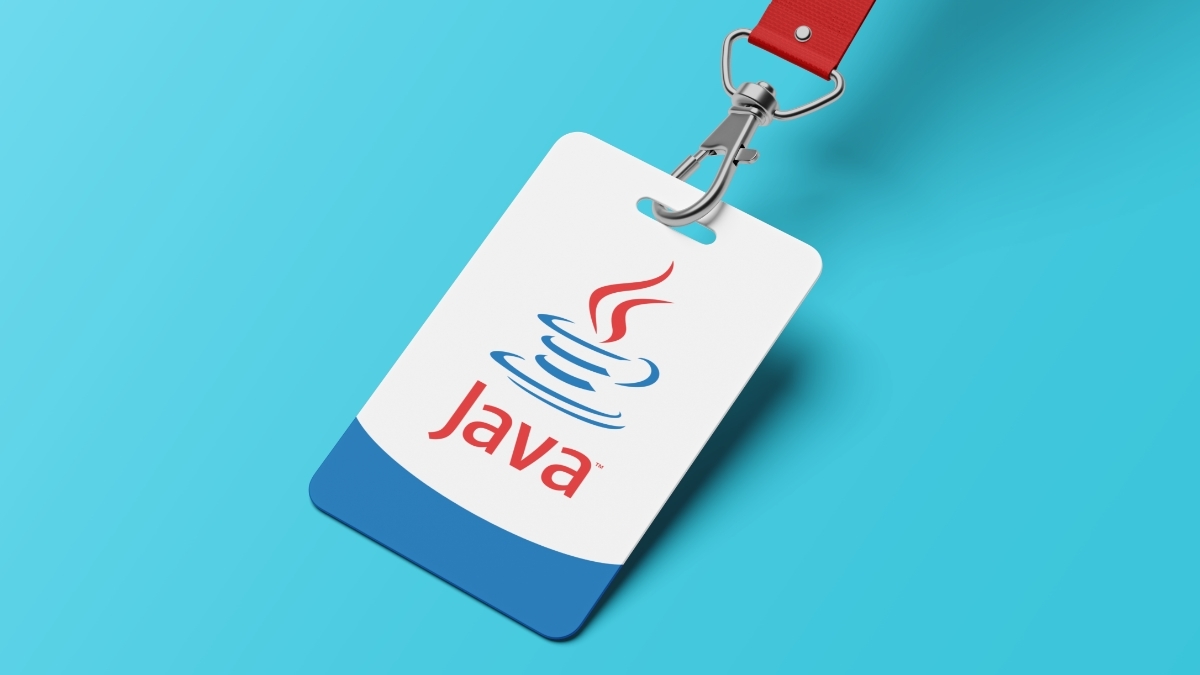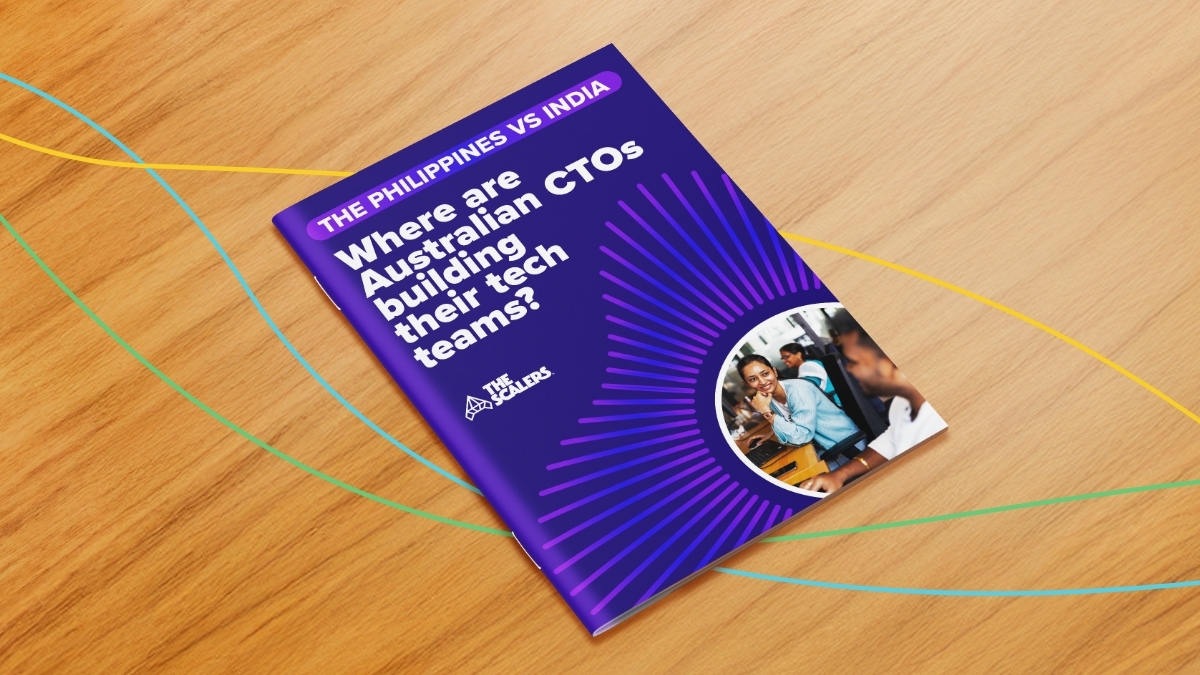Over the last decade, the recruitment industry has been constantly evolving. From advanced hiring practices to proactive recruitment, the industry has truly embraced the age of technology.
Today, more and more employers are realising the importance of improving the holistic employee experience, while also hiring candidates who fit in with the company’s core values. In such a scenario, what are the hiring trends that are reshaping the future of work?
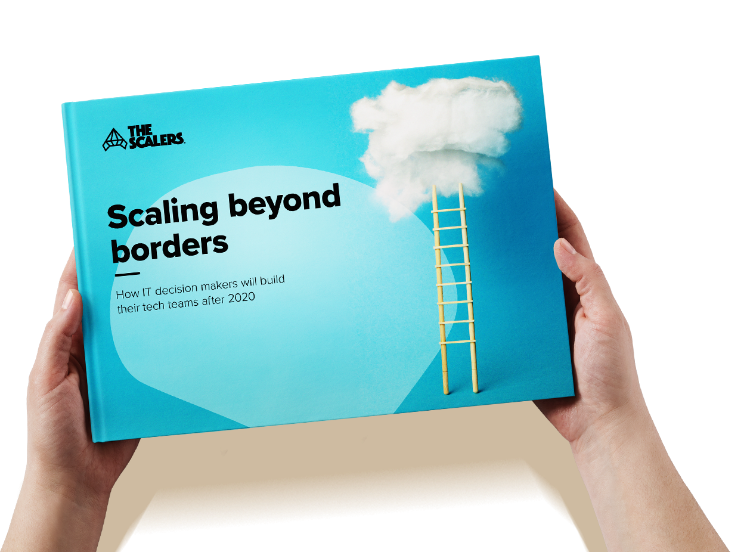
How IT decision makers will build their tech teams after 2020
DOWNLOAD GUIDEGlobalisation — the rise of a distributed workforce
During the Covid pandemic, remote working seems to be the norm for a majority of businesses across the globe. And, research indicates that this model of working will likely remain in some form even in a post-pandemic world. In fact, a study conducted by Global Workplace Analytics estimated that roughly 25-30% of the global workforce could be working remotely by the end of 2020.
Today, businesses are discovering that a remote workforce can perform just as well, if not better than their local team. This, in turn, has made the concept of offshore development increasingly popular. For instance, by building an engineering team in an emerging tech hub like India, companies in the West can scale at speed and build innovative products and services without the sky-high operational costs of hiring local engineers.
By engaging with the right offshore development partner and implementing collaborative technology, businesses can connect with their teams from almost anywhere in the world. The language you speak, the city you work out of, the currency you transact in — they don’t really matter anymore. Boundaries are being crushed, and this hiring trend will only continue.

in Bangalore
Speed up your software delivery with an integrated and dedicated team
LEARN MOREData visualisation
It wasn’t long ago that a significant part of an HR department’s job involved going through a fog of data, analysing spreadsheets and numbers, and scrutinising candidates’ traits. However, a huge hiring trend in the future will be data visualisation.
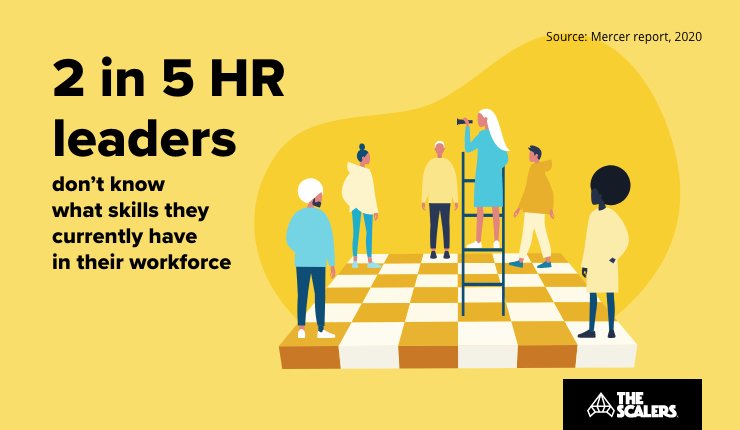
Rather than poring over sheets of data, HR professionals can use software to analyse big data and visualise patterns. For instance, using data visualisation, you can see the hierarchy of an IT department. Armed with insights and data, you can then gain measurable value from analytics to enhance talent management practices across the organisation, in turn, filling in the gaps in your own IT team.
Diversity and inclusion
An inclusivity study conducted by Glassdoor showed that over 50% of employees globally believe that their organisation must take steps to increase diversity and inclusion. In response to this, over 71% of the companies surveyed ended up hiring a more diverse workforce, ranging across genders, races, ages, and sexual orientations.

Increase innovation and deliver at speed in the Silicon Valley of Asia
LEARN MOREToday, organisations around the world increasingly understand the importance of building a diverse workforce. In fact, a recent study conducted by McKinsey found that businesses that embraced gender and racial diversity were 35% more likely to retain a diverse client base, collaborate better, and experience higher financial returns.
In 2019, Dell Technologies, while outlining their 2030 goals for culture transformation, said that they would be focusing on diversity and inclusion to increase their global digital impact. With many other businesses following suit, the number of dedicated diversity employee job openings has risen by over 30% year-on-year, and this hiring trend is likely to continue.
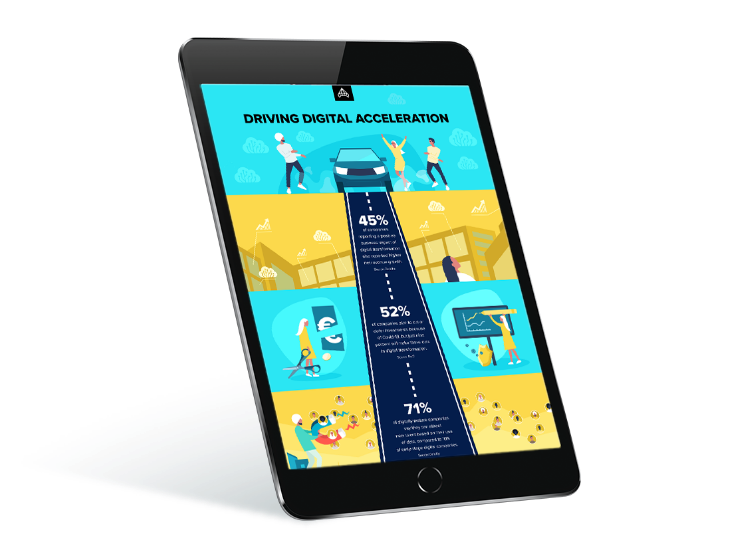
Don’t get left behind in the shift to digital business
DOWNLOAD INFOGRAPHICThe understanding of diversity and inclusion is shifting from merely hiring people from different backgrounds to building a culture where every employee feels empowered to do their best work, irrespective of where they come from. With global HR teams implementing formal sponsorships, mentorship opportunities, and flexible work programs to support their employees, we’re slowly, but surely building the new future of work.
Predictive analysis
Disruptive technologies, innovation, and changing market trends mean that companies must be extremely proactive. Predictive analysis helps them do just that.

Predictive analysis provides the answers to questions like ‘If we spend X amount on learning, how fast can we grow’, ’If we increase the pay of hourly workers, would that affect their performance’, and ‘Will offering flexible work hours impact retention and productivity?’. By harnessing workforce science to make important hiring decisions, businesses can augment their leadership — in HR and beyond.
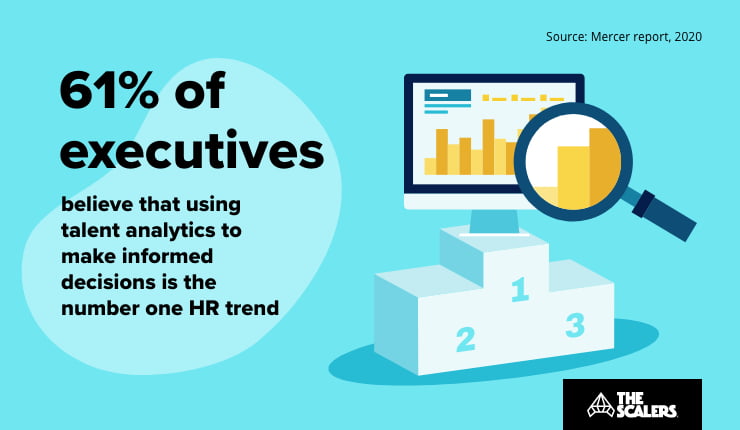
Today, HR has quadrupled its use of predictive analytics over the last five years — from 10% in 2016 to 39% in 2020. More than half the HR leaders in Brazil, the US, and Germany leverage predictive analytics on a daily basis. Safe to say, this is one hiring trend that is here to stay.
Artificial Intelligence
AI is proliferating across all parts of a traditional business, whether it’s marketing, finance, or product development. Today, AI is permeating HR systems and practices, setting the stage for the future of work.
For starters, HR staff need to select the right candidates from a massive pool of people. By using AI, the entire process can be auto-divided into several stages. The recruiters can then collect data on each candidate and effectively evaluate them using unique AI solutions and algorithms. Similarly, AI software can be used to examine analytics and find the right position where the abilities of a candidate are most needed.
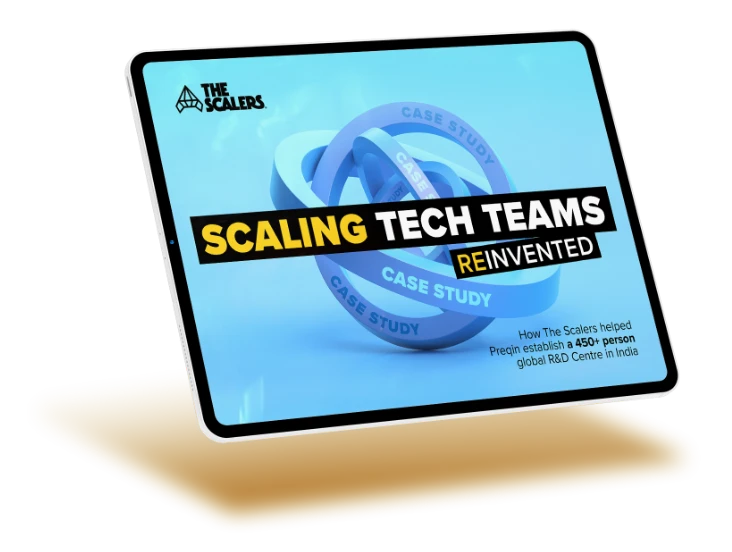
How we helped Preqin establish a 450+ person global R&D centre in India
DOWNLOAD CASE STUDYAI can also prove to be invaluable in automating tasks, analysing big data, and providing concise results that can be considered by decision-makers. Eliminating human intervention ensures no errors or unconscious biases, in turn, allowing organisations to hire the best candidates based only on their real potential and personality.
If you’re looking to build a development team to transform your business, feel free to reach out to us by filling out the contact form. As experts in building the best engineering teams in India, we can help you build your A-team.







